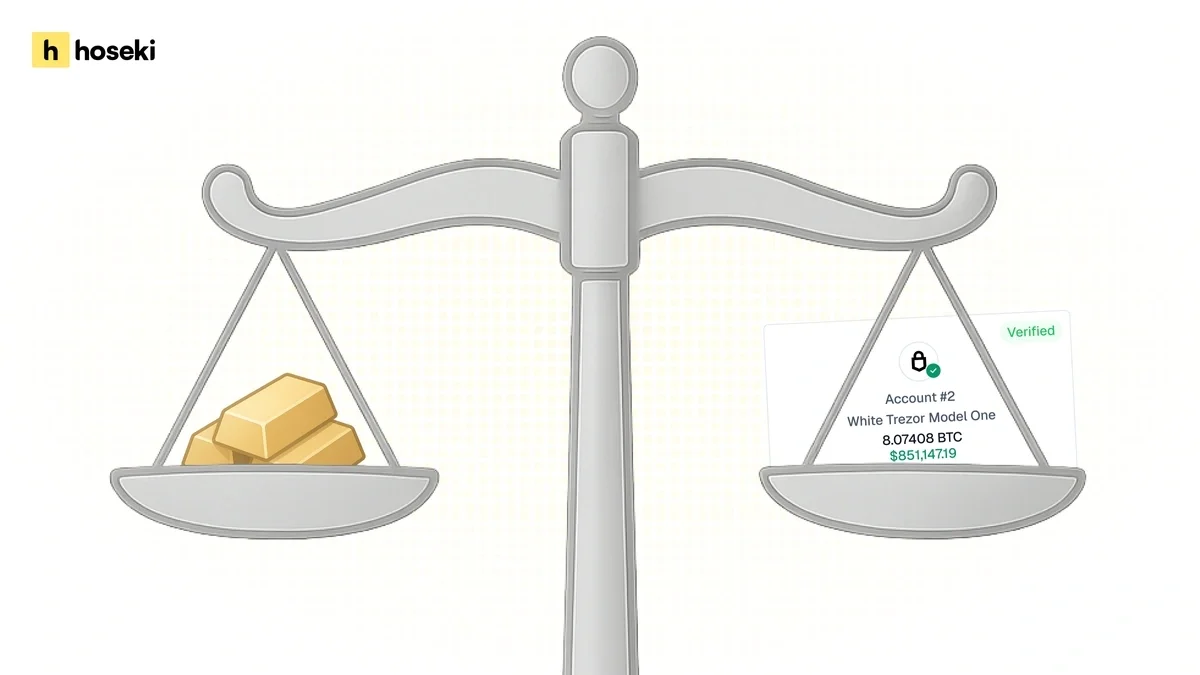
How We Learned to Trust Custodians — and Why It’s Time to Unlearn It
For most of history, storing and proving wealth meant trusting someone else.
Not because people loved giving up control — but because they had to.
Gold was too heavy to move. Stocks needed paper ledgers and brokers. Deposits were safer behind bank vaults than under mattresses.
Custodians didn’t emerge from greed; they emerged from practicality. They offered efficiency, safety, and legitimacy in a world where the tools for personal safekeeping didn’t exist.
What was once a practical necessity has become an unquestioned design. As technology advances, we have the chance to redesign finance without the old sacrifices baked in.
The Cost of Convenience
When you give someone else control of your wealth, you also give them power over it.
That’s the tradeoff we stopped questioning. Moreover, custodians no longer “just hold assets,” they became the arbiters of legitimacy. If your wealth isn’t on their books, it doesn’t really count.
The system has learned to trust institutions instead of individuals, and in doing so, lost the idea that direct ownership is an important characteristic.
In Comes Bitcoin
Bitcoin made something possible that never existed before: a digitally native form of wealth that’s inherently secure and instantly verifiable.
It’s still bearer money, but the bearer doesn’t need a vault, a broker, or a guard. With just twelve words, you can secure a lifetime of wealth that’s portable, borderless, and protected by design. Multisig, hardware wallets, and recovery tools have turned self-custody from a personal risk into security on par with the world’s most trusted institutions.
Even still, holding wealth directly isn’t necessarily about rejecting the financial system, it’s about holding it accountable. When individuals have the option to custody their wealth without a custodian, institutions must compete by offering real value. When participation is voluntary, institutions have to earn their customers’ business. It isn’t simply handed to them out of necessity. That outcome strengthens the system for everyone.
The Future Worth Building
For the first time, it’s technologically possible to prove wealth without surrendering it or jumping through unnecessary hoops.
You shouldn’t have to move your funds just to be seen as credible.
Bitcoin didn’t just create digital money — it gave everyone a fair chance to store and prove their wealth on their own terms.
That’s what progress looks like: a future where dependence isn’t the default, and legitimacy doesn’t depend on counterparties.